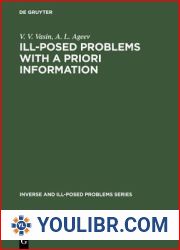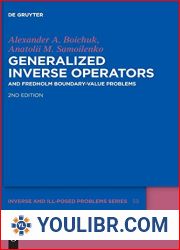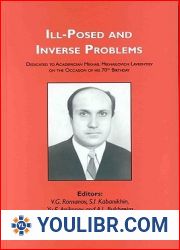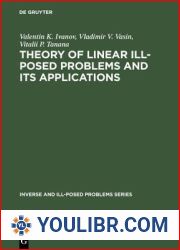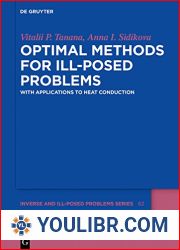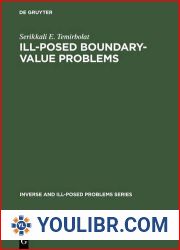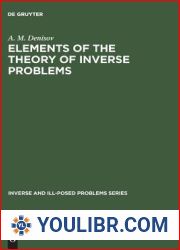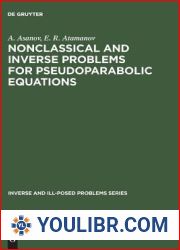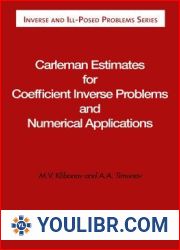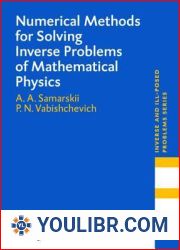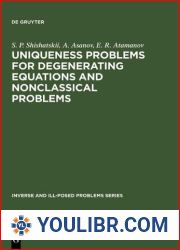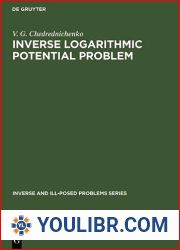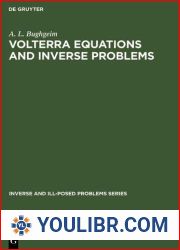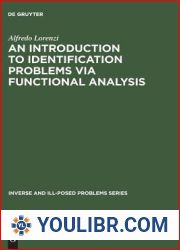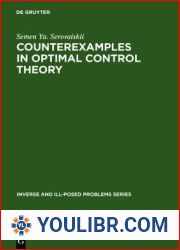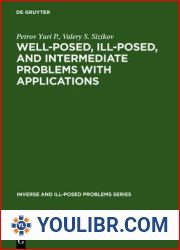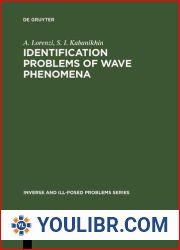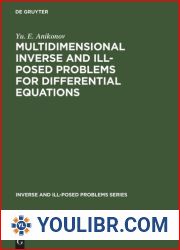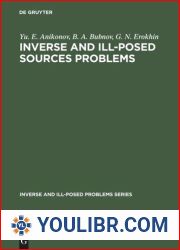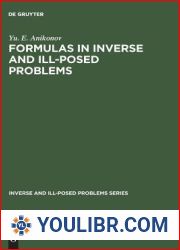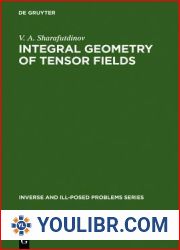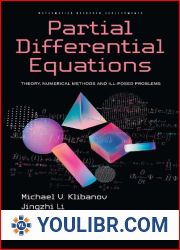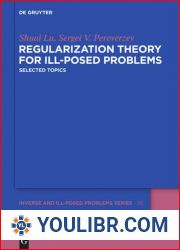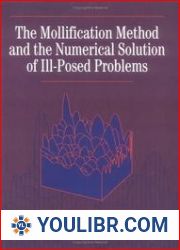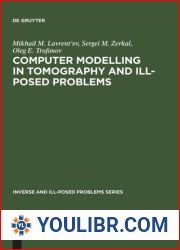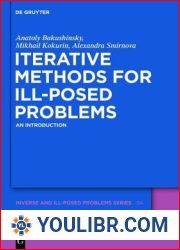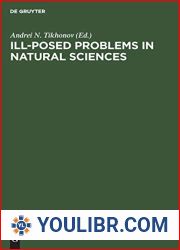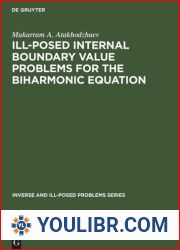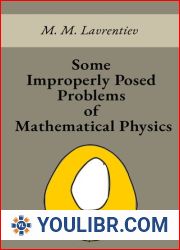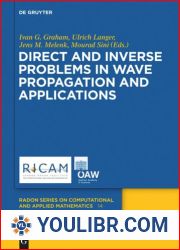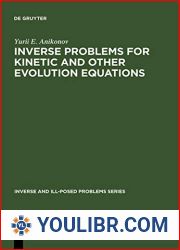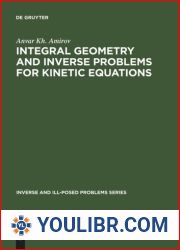
BOOKS - Inverse and Ill-posed Problems: Theory and Applications (Inverse and Ill-Pose...

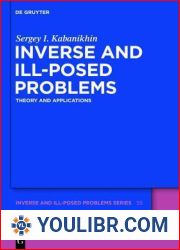
US $9.48

862488

862488
Inverse and Ill-posed Problems: Theory and Applications (Inverse and Ill-Posed Problems Series, 55)
Author: Sergey I. Kabanikhin
Year: December 23, 2011
Format: PDF
File size: PDF 3.5 MB
Language: English
Year: December 23, 2011
Format: PDF
File size: PDF 3.5 MB
Language: English
The theory of ill-posed problems originated in an unusual way. As a rule, a new concept is a subject in which its creator takes a keen interest. The concept of ill-posed problems was introduced by Hadamard with the comment that these problems are physically meaningless and not worthy of the attention of serious researchers. Despite Hadamard's pessimistic forecasts, however, his unloved and "child and " has turned into a powerful theory whose results are used in many fields of pure and applied mathematics. What is the secret of its success? The answer is clear. Ill-posed problems occur everywhere and it is unreasonable to ignore them. Unlike ill-posed problems, inverse problems have no strict mathematical definition. In general, they can be described as the task of recovering a part of the data of a corresponding direct (well-posed) problem from information about its solution. Inverse problems were first encountered in practice and are mostly ill-posed. The urgent need for their solution, especially in geological exploration and medical diagnostics, has given powerful impetus to the development of the theory of ill-posed problems. Nowadays, the terms and "inverse problem and " and and "ill-posed problem and " are inextricably linked to each other. Inverse and ill-posed problems are currently attracting great interest. A vast literature is devoted to these problems, making it necessary to systematize the accumulated material. This book is the first small step in that direction. We propose a classification of inverse problems according to the type of equation, unknowns and additional information. We consider specific problems from a single position and indicate relationships between them. The problems relate to different areas of mathematics, such as linear algebra, theory of integral equations, integral geometry, spectral theory and mathematical physics. We give examples of applied problems that can be studied using the techniques we describe. This book was conceived as a textbook on the foundations of the theory of inverse and ill-posed problems for university students. The author's intention was to explain this complex material in the most accessible way possible. The monograph is aimed primarily at those who are just beginning to get to grips with inverse and ill-posed problems but we hope that it will be useful to anyone who is interested in the subject.







